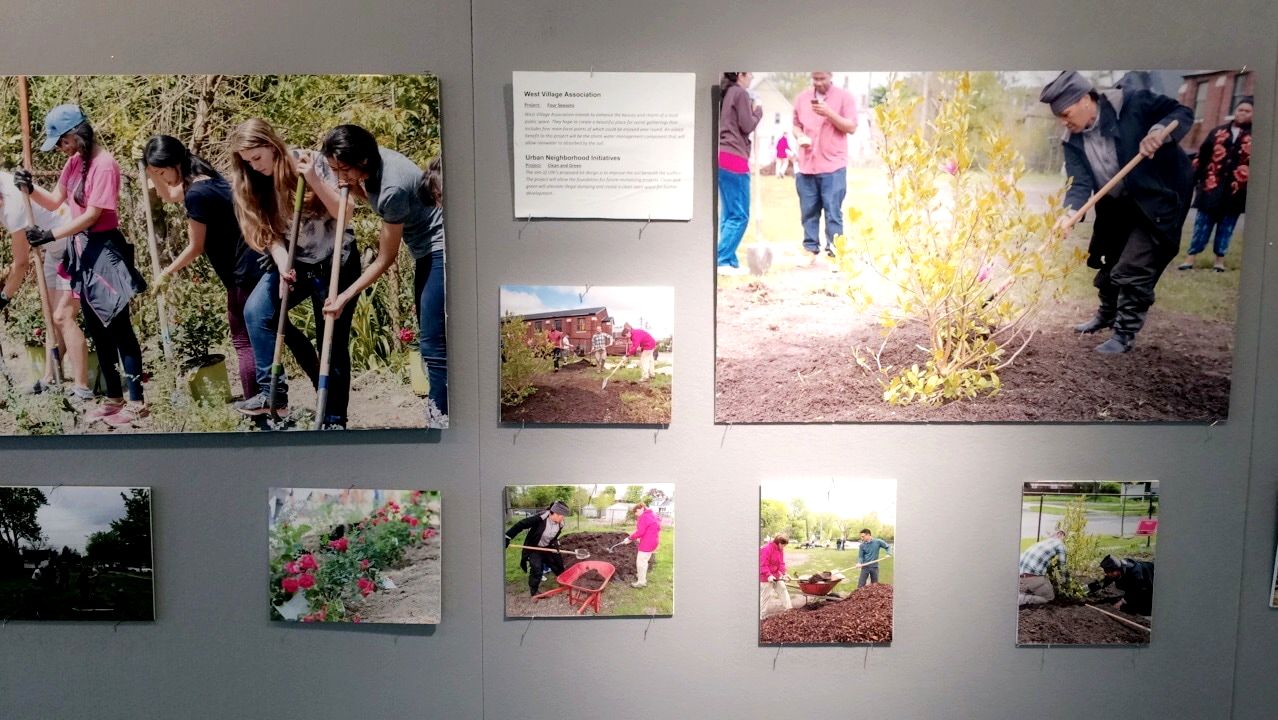In our first meeting as a group back in March, we were asked what social entrepreneurship meant to us. Surprisingly, everyone had fairly different responses. Social entrepreneurship is a fluid term that can mean something different to each person. To me, social entrepreneurship starts with a problem in society and ends with an innovative solution. Rather than simply throwing money at a problem and hoping that it gets fixed, social entrepreneurship requires brainstorming ideas and creative processes. Because the purpose of social entrepreneurship is to improve the quality of the community, members of the community must be involved in the process in order to ensure that their needs match the needs the social entrepreneur thinks the community has. I think an extremely significant part of social entrepreneurship is recognizing the fact that you are often coming in with a different perspective that needs to be adjusted to fit the community you are in.
Social entrepreneurship is important because it provides many of the same benefits of working in business, such as employment and adding new goods or services, but with entirely different overarching goals. Social entrepreneurship provides an important alternative to traditional business in which the goals are not to maximize profits and impress stakeholders, but rather to maximize the amount of positive impact to society. The problems in this world are vast and complex. This is why creativity and dedication are so important to improving societies. If more companies shifted toward a social entrepreneurship focus, the world might be a different place.
With its creativity and dedication to making Detroit a better city in the future, Detroit Future City embodies the meaning of social entrepreneurship. Over the past year, DFC has developed The Field Guide, which gives people inspiration about what to do with vacant lots around the city. Vacant land is one of Detroit's biggest issues, and The Field Guide attacks it head on. Whether a Detroiter wants to develop a scenic lot filled with flowers or create an orchard, The Field Guide provides the details down to the soil type, to help citizens decide if such projects are feasible and how to proceed with them if they are. The specific project I am currently supporting (139 sq. miles report), represents a different type of social entrepreneurship. The goal of the project is to create a concise, easy to read, report that describes the state of Detroit. By completing this project, DFC hopes to solve a more intangible problem, and pave the way for more social entrepreneurship in the future. The report will provide a baseline of facts and set the reality for the city in an effort to leave rumors behind. It will spark new conversations about the most significant issues with the city and how to proceed in order to ensure a better future. While this project is only a small step in the right direction, it will provide a strong base to work off of in the coming years.

 RSS Feed
RSS Feed
